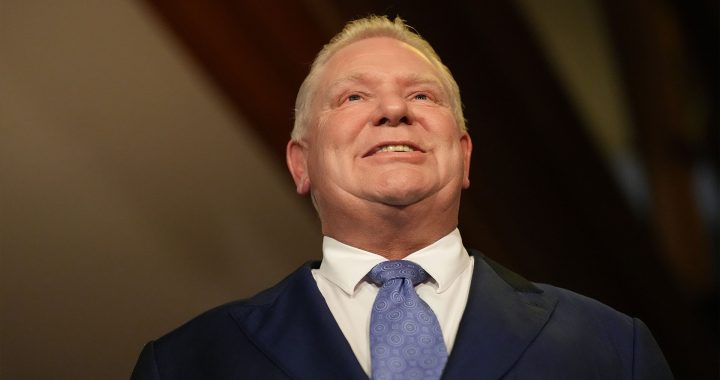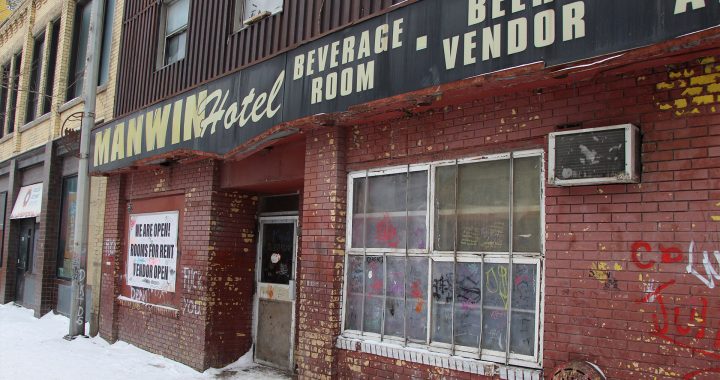A not-for-profit organization has wrapped up its final session of a program that helps First Nations, Inuit and Métis communities retrofit their older buildings to make them more liveable.
The program, Bringing it Home Project is run by Indigenous Clean Energy (ICE) a “not-for-profit that advances Indigenous-led capacity building and collective action in Canada’s clean energy transition,” according to its website.
Mercedes Sandy of Beausoleil First Nation, located about two hours north of Toronto, says she’s taking the program because making older homes more efficient can be a challenge for many communities. As a housing assistant in her community, Sandy says she’s hoping to make an impact by learning how to retrofit old homes and how to make new builds more energy efficient.
“I want to do like a net zero apartment building to help address some of our housing crisis in my nation but also try something new and kind of change how we build our houses, so that they’re more efficient, they last longer so that our members have access to this stable, housing for better health outcomes and well-being,” said Sandy at the final project get together in Wakefield, Que.
The organization is offering $125,000 in project grants to support an 18-month housing program geared toward First Nations, Inuit and Métis communities. ICE, which received more than $15 million in federal grants since 2021, says there are 16 participants enrolled from communities across the country.
Project manager, Corey Cote, says the program is offered through webinars and two weeks of intensive in-person training. It covers energy efficiency techniques and project development, to help participants create an energy efficiency work plan for their community.
“The majority of the projects are retrofits, they want to address the current housing stock first because the current housing stock, that’s where we’re seeing a lot of the challenges but the good thing is that knowledge is transferrable, so you can kind of take that and apply it to a new build.”
Korey Kauffeldt is the community energy coordinator in Pikwakanagan First Nation, 150 km west of Ottawa, says the skills he’s learned at the program will help him engage more with members to help address the issues in his community.
“There’s lots of health issues because of poor housing, everyone’s paying high utility bills or higher than they should be because of subpar construction,” says Kauffeldt. “My goal is to address all those and to make the standard of living much better.”
For Sandy, the connection with participants from across the country is priceless.
“We all come from those same situations, we have the same problems in our communities and we’re sharing knowledge of what they’re doing in their communities, and taking that knowledge and we can bring it back to our nation and say, ‘hey this is what so and so is doing, we can do that,’” says Sandy.










